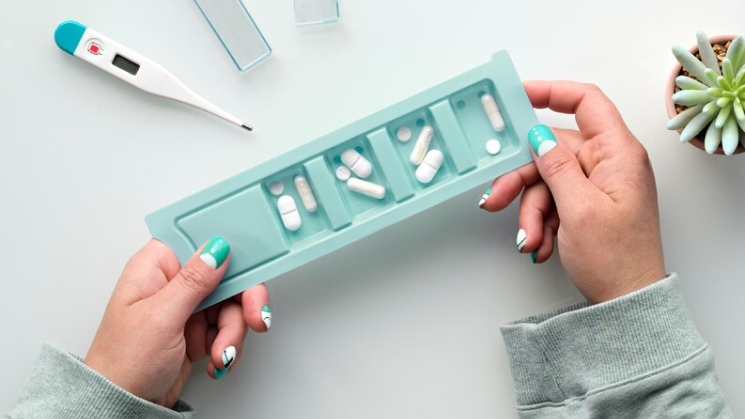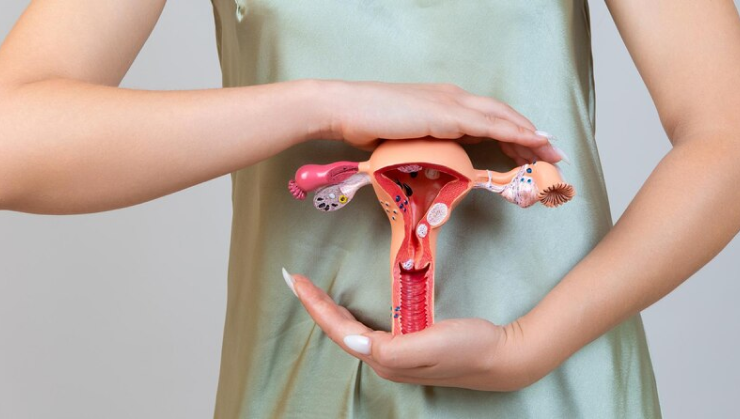
Obstetrics, Gynaecology and Fetal Medicine
Reproductive Tract Infections (RTIs): Causes, Symptoms, Treatment, and Prevention
December 2023
Obstetrics, Gynaecology and Fetal Medicine

Vaginal health is a crucial aspect of a woman's overall well-being. A healthy vagina helps protect against infections and discomfort, allowing women to lead a fulfilling and comfortable life. In this article, we will explore essential tips for maintaining vaginal health, preventing infections, and avoiding discomfort.
The vagina is a self-cleaning and self-regulating part of a woman's body. However, various factors can disrupt the natural balance, leading to infections, irritation, and discomfort. Maintaining vaginal health is essential for a happy and healthy life.
- Gently clean the external genital area with mild, unscented soap and water.
- Avoid using douches, as they can disrupt the natural balance of the vagina.
- Choose cotton underwear that allows air circulation and helps keep the vaginal area dry.
- Avoid tight-fitting pants and pantyhose, which can trap moisture and heat.
- Use barrier methods like condoms to protect against sexually transmitted infections (STIs).
- Maintain open communication with your partner about sexual health.
- Proper hydration can help maintain healthy mucous membranes, including those in the vaginal area.
- Skip fragranced soaps, douches, and feminine hygiene products. These can irritate the vagina and disrupt its natural balance.
- After swimming or exercising, change out of wet clothing as soon as possible.
- Use a clean, dry towel to gently pat the genital area after bathing.
- Pap smears are essential for cervical health. Schedule regular screenings as recommended by your healthcare provider.
- Consider adding probiotic-rich foods like yogurt to your diet. Probiotics can support healthy vaginal flora.
- If you have diabetes, manage your blood sugar levels. High blood sugar can create an environment conducive to yeast infections.
- Only take antibiotics when prescribed by a healthcare provider. Overuse of antibiotics can disrupt the vaginal microbiome.
- If you experience vaginal dryness during sexual activity, consider using a water-based lubricant to reduce friction and discomfort.
- Schedule regular gynecological check-ups. Your healthcare provider can monitor your vaginal health and address any concerns.
Maintaining vaginal health is essential for overall well-being and quality of life. By following these tips and being mindful of your body, you can reduce the risk of infections and discomfort while promoting a healthy, happy vaginal environment. Remember that any concerns or changes in vaginal health should be discussed with a healthcare provider, who can provide guidance, diagnosis, and treatment when needed.

Obstetrics, Gynaecology and Fetal Medicine
December 2023

Obstetrics, Gynaecology and Fetal Medicine
December 2023